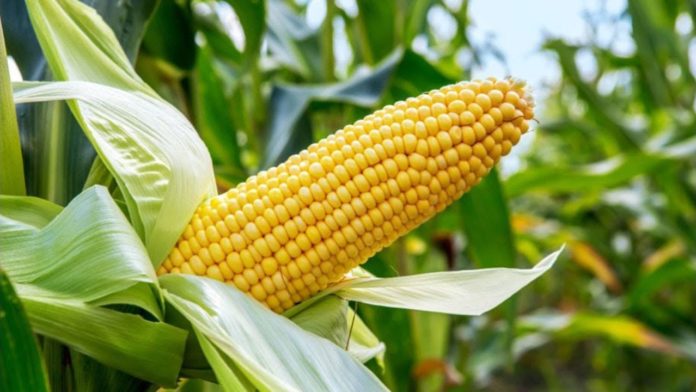Uncertainty looms among cereal farmers in Rift Valley following the rise in the price of fertilizer, pushing the cost of production high while triggering reduced acreage under crop cultivation that is likely to compromise the country’s food security.
Agro-dealers have taken advantage of the suspension of the programme to import the fertilizer to make huge profits due to increased demand of the inputs for this season planting exercise.
Although fertilizer prices are determined by market forces, a bag of DAP is going for Sh5,200 up from Sh3,500 in most shops in the North Rift region with some farmers expressing fears that they will have to plant without applying the nutrients due to unaffordable prices.
“We shall have no option but to reduce acreage under crop production to cut down on costs due to the increased cost of fertilizer and maize seed that has rendered agriculture an unprofitable investment,” said Jackson Kosgey from Moiben, Uasin Gishu County.
The Kenya Seed Company has increased the cost of maize seed with a 25 kilograms bag costing Sh4,700 up from Sh4,500. The country requires about 650,000 tonnes of fertilizer annually.
“It is becoming increasingly difficult to break the vicious cycle of high production cost against declining market prices signalling tough economic season for maize farmers,” said Eliud Kibet from Kerita farm in Kesses division in Uasin Gishu County.
The rise in global fertilizer prices has been attributed to a decline in the supply of raw materials with the prices expected to increase by 2 per cent this year up from 9 per cent last year.
According to World Bank’s fertilizer price index, latest reports of high energy costs and tight supplies by largest producers like China has pushed the prices beyond the reach of most smallholder farmers.
Global environmental regulations have occasioned the increased prices of raw materials – sulphur and ammonia – used to manufacture fertilizer.
The government introduced reforms in the agricultural sector last year to cushion farmers from high production costs and sub-standard farm-inputs.
Among the reforms include availing low cost fertilizer through the e-voucher system to be issued through registered cooperatives to enable small scale farmers to benefit from the subsidy.




